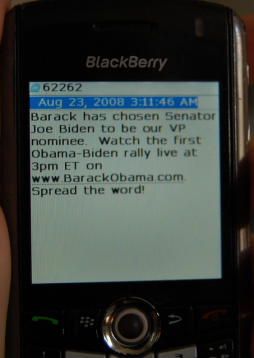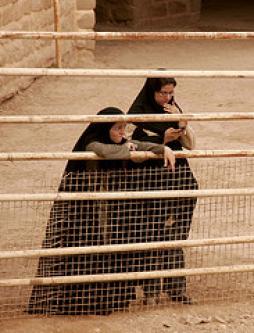In a short time, SMS messaging has demonstrated an impressive ability to help election-monitoring organizations overcome many logistical challenges to effective election oversight and protection of citizens’ rights.
The speed of communication and processing the flexibility and the coverage SMS can provide gives monitoring organizations a powerful tool for organizing volunteers and responding instantly to an evolving election environment. These tools allow groups to quickly collect a rich dataset of election information.
When combined with a reporting methodology that utilizes a representative sample of polling stations, SMS reporting contributes to a deep understanding of how elections are conducted across a country and whether the results reflect the will of the people. When shared with the public, these insights help citizens recognize their right to information about the electoral process. When citizens have more information about the electoral process and understand the degree to which elections represent their will, they are more likely to participate in the process and are better able to demand elections in which they can have confidence.
In contentious and politically tense situations, the ability to comment immediately on the conduct of the election can help to stabilize a potentially volatile postelection environment. Election-monitoring groups using SMS can quickly identify violations of citizens’ rights and alert authorities in time to have problems remedied on election day.
In addition to election observation, SMS has been used in other ways to protect the right to vote, such as voter education and voter registration. SMS text messages have provided a way for citizens to lodge official complaints and informal opinions on an election. However, citizens’ rights to transparency and accountability do not end with elections. It is easy to imagine how SMS could be used between elections to engage citizens and to protect civil rights. Citizen groups with experience collecting and providing information on elections might use similar methods to advocate for citizen interests in other areas. These tools could be used to monitor government service delivery and identify corruption. By systematically deploying to schools and clinics and reporting on resources available, groups would be able to determine whether their government is living up to its promises and identify areas where government managers are diverting resources.
SMS also could be used to report unfair and exploitive practices by police and government officials between elections. These exercises would experience different logistical challenges than election observation. Nonetheless, a cheap, easy, and ubiquitous tool like SMS could play in important role in making governments accountable to their citizens every day.


